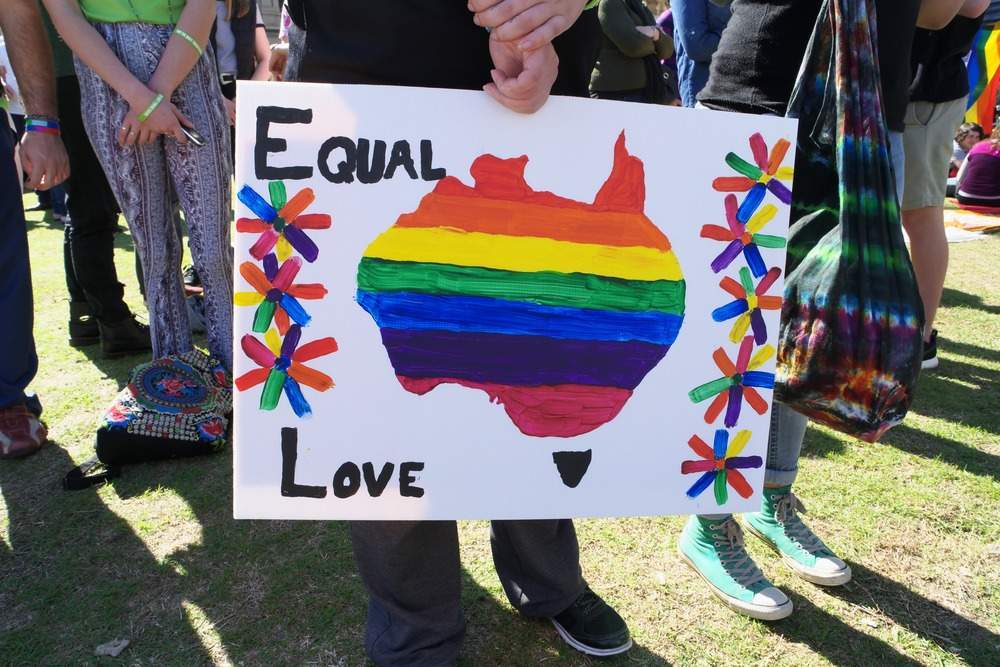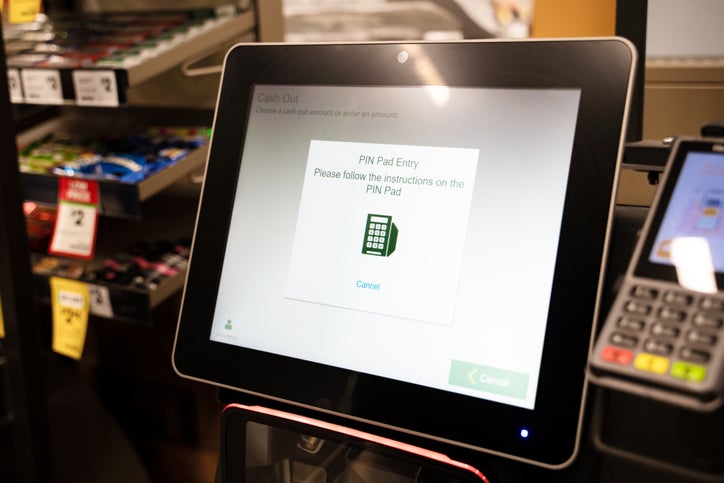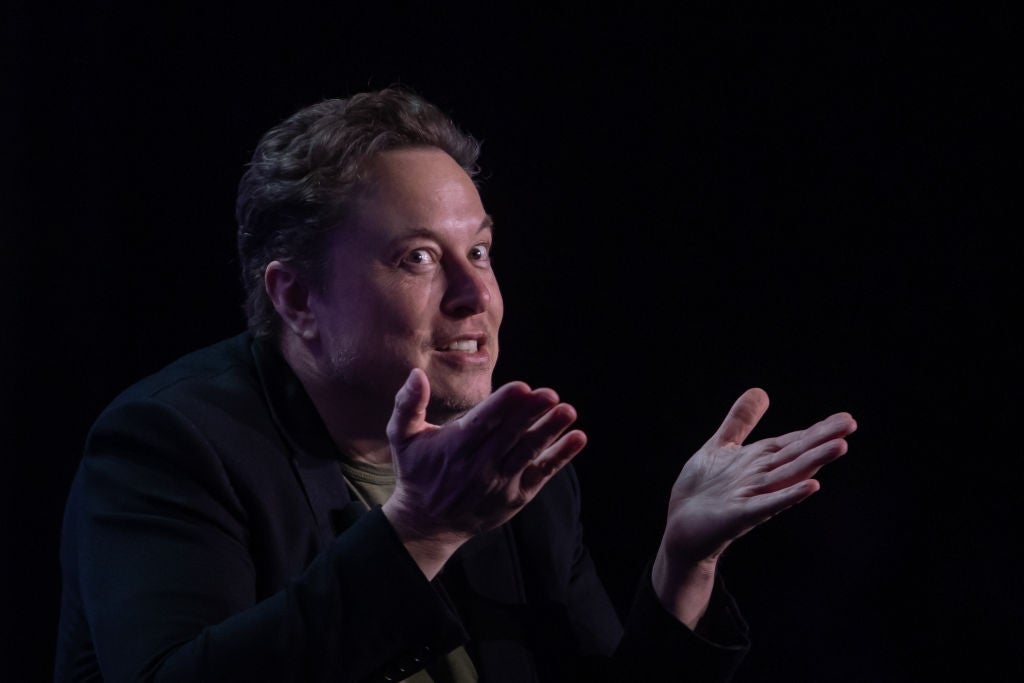
Australia is polling its people today on whether it should change the law to allow same-sex marriage, with early indications the majority are in support of the change.
Australia’s prime minister Malcolm Turnbull wants the same-sex marriage survey to result in gay couples being able to marry in the country by Christmas, and insiders have tipped a Yes victory will be the likely result.
The Australian Bureau of Statistics will release the result at 11pm tonight London time. You can follow along live here.
Postal voting on the poll closed today, marking the end of a three-month long debate that many have said was unnecessary.
Four national polls taken in recent weeks predicted that the yes movement would win between 60 and 65 percent of votes.
In response to these predictions Tony Abbott, leader of the no campaign said that even if they won 40 percent of votes it would represent a moral victory.
How well do you really know your competitors?
Access the most comprehensive Company Profiles on the market, powered by GlobalData. Save hours of research. Gain competitive edge.

Thank you!
Your download email will arrive shortly
Not ready to buy yet? Download a free sample
We are confident about the unique quality of our Company Profiles. However, we want you to make the most beneficial decision for your business, so we offer a free sample that you can download by submitting the below form
By GlobalDataThe vote saw around 80 percent of eligible voters returning their ballots.
The figure tops the 2015 Irish referendum for the legalisation of gay marriage which saw only 60 percent of people voting.
According to the director of Australian Marriage Equality, Tiernan Brady, it marks a higher turnout than almost any voluntary ballot measure in a Western democracy in modern history, with the exception of the 2014 Scottish referendum to remain in the UK, and a similar measure in 1995 in Quebec, Canada.
Despite the promising turnout, many have criticised the vote for wasting time and allowing the No campaign to circulate homophobic messages.
Brady said the ballot was designed to stall or defeat the introduction of gay marriage rather than improve the democratic process.
Australia has a mechanism for deciding all these issues. It is called parliament.
Essential Research found that 27 percent of Australian voters thought the postal ballot was a positive process, while 64 percent thought it should not be used again.
Many have also said the 2015 referendum in Ireland should have been a lesson, where old prejudices were brought out in the name of debate, and abuse toward LGBT+ people spiked.
Brian Tobin, a law lecturer at the National University of Ireland Galway, told Quartz:
Putting a human rights issue to a national vote is a crude means of legalising same-sex marriage. It forces a historically oppressed minority to literally have to plead with the majority for the right to get married.
The no campaign argued that people “can say no” and suggested the introduction of gay marriage would lead to boys being forced to wear dresses and children asked to role-play same-sex couples.
On Monday Liberal senator James Paterson released a bill that would allow wide-ranging discrimination against same-sex weddings, in an attempt to force debate about the legislation of marriage equality in the event of a yes win.
The bill protects people’s freedom of religion and thought, allowing those with conscientious objections to gay marriage to refuse to hold a wedding service for same-sex couples.
The bill would override state and territory anti-discrimination laws.
Tanya Plibersek, the deputy Labor leader, told Radio National the Paterson bill was “one more delaying tactic from the people that brought you the $122m waste of money postal survey”.
That the Australian government did not take a position on the issue has led to criticism that it has wasted time carrying out the vote.
Australia is one of the few liberal democracies in the Western world where same-sex marriage is still illegal.
New Zealand legalised gay marriage in 2013, and Taiwan followed suit this year, becoming the second Asia-Pacific country to do so.






